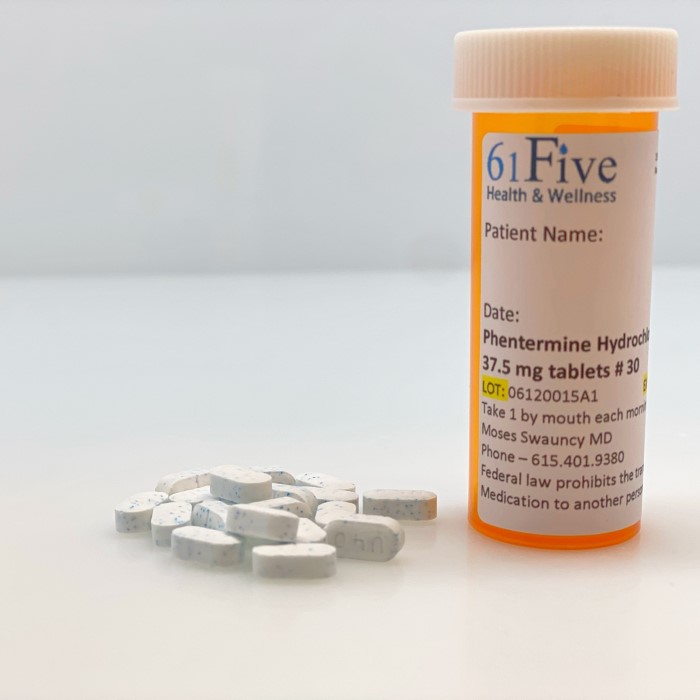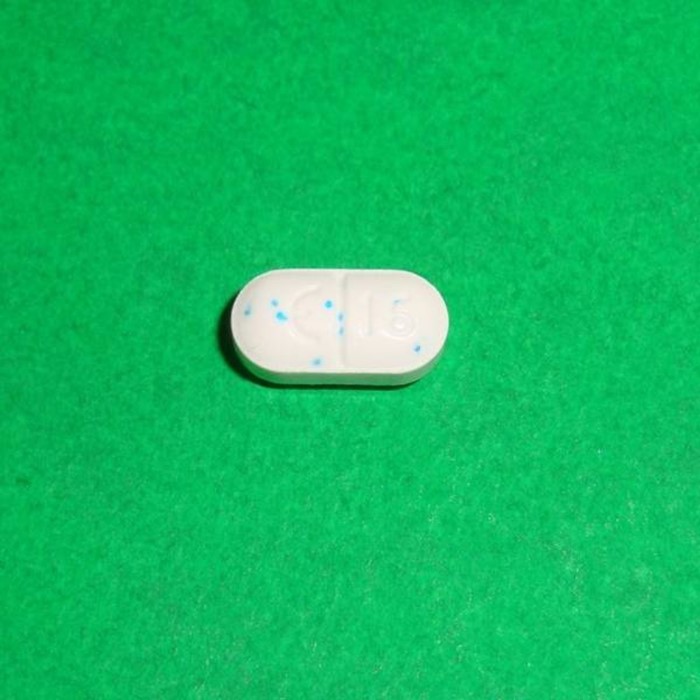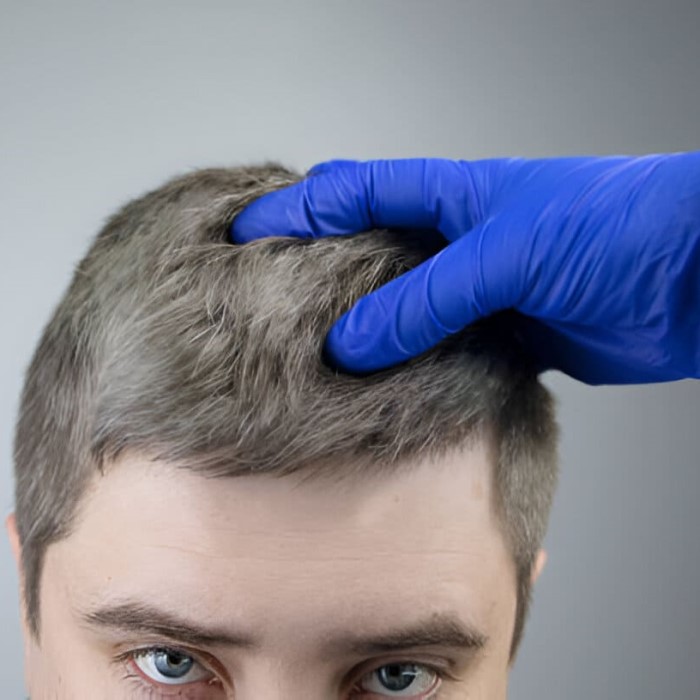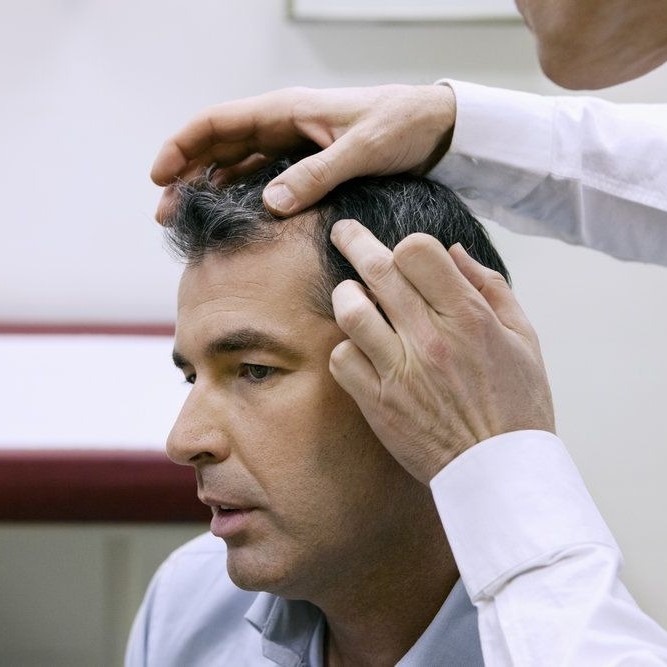
Can Phentermine Cause Hair Loss? Uncover the Truth Today
Understanding Phentermine: A Brief Overview
Phentermine is a prescription medication widely used for weight loss, particularly for individuals struggling with obesity. It functions as an appetite suppressant, helping users consume fewer calories and achieve their weight loss goals. However, as effective as phentermine may be, individuals taking this medication often express concerns about its side effects. One pressing question that arises is, “Can phentermine cause hair loss?”

Hair loss can have profound psychological impacts, and understanding the potential link between weight loss medications and hair condition is crucial for those seeking effective treatments. By uncovering the relationship between phentermine and hair loss, individuals can make informed decisions about their health and beauty routines. This article aims to provide a comprehensive look into the potential side effects of phentermine, especially hair loss, along with associated nutritional factors and recommendations for maintaining healthy hair during weight-loss journeys.
The Mechanism of Phentermine
To better understand the potential side effects like hair loss, one must first appreciate how phentermine operates in the body. Phentermine is a sympathomimetic agent, meaning it affects the central nervous system. It primarily stimulates the release of norepinephrine, which helps suppress appetite. By reducing feelings of hunger, phentermine enables users to consume significantly fewer calories, fostering weight loss.
While this mechanism can yield positive results, it’s essential to recognize that any medication interfering with metabolic processes can have secondary effects. As caloric intake decreases, the body must adjust to the new energy balance. In some cases, this can lead to deficiencies in critical nutrients necessary for maintaining various bodily functions, including hair growth.
Can Phentermine Cause Hair Loss?
Can phentermine cause hair loss? Research regarding the link between phentermine and hair loss is not definitive. However, anecdotal evidence from patients suggests that hair loss may occur in some individuals during or after the use of phentermine. Various factors contribute to this outcome, making it essential to consider the multifaceted nature of weight loss and associated consequences.
When users significantly reduce caloric intake, the potential for nutrient deficiencies increases. Essential vitamins and minerals like zinc, B vitamins (including biotin), and protein contribute to healthy hair growth. If the body does not receive adequate nutrition, it may divert energy resources away from non-essential functions, including hair upkeep. As a result, individuals may experience thinner hair or increased shedding while on phentermine.
Signs of Hair Loss While on Phentermine
Recognizing hair loss during weight loss efforts is vital for early intervention. Individuals using phentermine should be vigilant about any changes in their hair quality. Here are the common signs to watch for:
- Increased Hair Shedding: Pay close attention to the amount of hair falling out during washes or brushing. An increase in shedding beyond typical daily loss could indicate an issue.
- Thinning Hair: Areas of the scalp may become visually thinner, especially around the crown or temples. Changes in hair density can indicate a need for dietary adjustments.
- Brittle or Weak Hair: Hair that feels weak, dry, or breaks easily may signal underlying nutritional deficiencies. Many individuals notice these changes when their diet lacks important nutrients typically found in various foods.
- Changes in Growth Patterns: If you’re accustomed to a specific hair growth cycle, take note of any abrupt changes. Slowed growth or a sudden halt in growth can also indicate problems related to nutrition or overall health.
What Is the Most Common Side Effect of Phentermine?
When considering phentermine, it’s essential to be aware of the most commonly reported side effects. According to findings in clinical settings, users often experience a range of symptoms. Some of the most frequent effects include:
Dry Mouth
- Definition and Symptoms: Dry mouth, also known as xerostomia, is a common side effect experienced by many individuals. It is characterized by a parched throat and a lack of saliva, leading to an uncomfortable sensation in the mouth and throat.
- Causes: This condition can result from various factors, but for those using certain medications like phentermine, it is often directly related to the way the drug affects the body’s metabolism and hydration levels.
- Increased Water Consumption: To alleviate the discomfort associated with dry mouth, individuals often find themselves drinking more water. This increased water consumption is essential for maintaining hydration and ensuring overall health.
Constipation
- Definition: Constipation refers to infrequent or difficult bowel movements, which can be uncomfortable and distressing.
- Metabolic Changes: One of the side effects of phentermine is that it can alter metabolism. These changes can disrupt normal digestive processes, leading to a slowdown in bowel movements.
- Impact on Lifestyle: Constipation can affect a person’s daily activities and overall well-being, making it important for individuals to recognize this side effect and seek ways to manage it, such as increasing fiber intake or staying hydrated.
Insomnia
- Stimulant Effects: Phentermine is classified as a stimulant, which means it can increase alertness and energy levels. However, this can come at a cost for some users.
- Difficulty Sleeping: For many individuals, the stimulating effects of phentermine can lead to difficulties in falling asleep or staying asleep, resulting in insomnia. This can further affect daily functioning and mood.
- Suggested Techniques: To combat insomnia, individuals may find it helpful to develop better sleep hygiene practices, such as establishing a regular sleep schedule, creating a calming bedtime routine, and limiting caffeine intake, particularly later in the day.
Increased Heart Rate
- User Experiences: Some individuals using phentermine report experiencing an increased heart rate. This heightened heart rate, also known as tachycardia, can be concerning, particularly for those who have pre-existing heart conditions.
- Monitoring is Essential: It is crucial for users to monitor their heart rate and report any significant changes to their healthcare provider, especially if they have a history of heart issues. Regular check-ups may be needed to ensure cardiovascular health is maintained while on the medication.
- Awareness of Symptoms: In addition to an increased heart rate, users should be aware of other symptoms related to heart health, such as chest pain, dizziness, or palpitations, and seek immediate medical attention if these occur.
While hair loss may not be one of the most frequently cited side effects, it is crucial for users to be aware of all potential risks associated with the medication. If hair loss is accompanied by other concerning symptoms, a consultation with a healthcare professional is advisable.
The Nutritional Aspect of Hair Loss on Phentermine
Phentermine aids in weight loss by reducing appetite, but this can inadvertently lead to nutritional deficiencies when not managed carefully. Nutrients that promote hair health—such as biotin, zinc, and protein—need to be part of your daily diet. Failure to consume sufficient amounts of these essential nutrients may result in the body reallocating its resources, which can impact hair growth negatively.
Incorporating a balanced diet rich in vitamins and minerals is imperative during a weight loss regimen. Foods like lean proteins (chicken, fish, beans), whole grains, fruits, and vegetables can help ensure adequate nutrient intake. Supplementation can also play a role, particularly with vitamins known to support hair health. However, any changes to your supplementation routine should be performed under the guidance of a healthcare provider.
Does Biotin Help With Hair Loss from Phentermine?
Biotin, a water-soluble B-vitamin, has gained prominence for its reputed benefits in hair health. The question arises: does biotin help with hair loss from phentermine? While research on the specific correlation between biotin and phentermine-induced hair loss remains limited, biotin supplementation may provide general benefits for hair growth, particularly for individuals with a deficiency.
If hair loss seems to coincide with phentermine use, it might be wise to discuss taking biotin supplements with a healthcare professional. While biotin is generally regarded as safe and well-tolerated, understanding how it interacts with your overall health and other medications is essential. Furthermore, biotin intake should be part of a balanced nutritional program that also maintains hair health.
Do Appetite Suppressants Cause Hair Loss?
The broader category of appetite suppressants can be scrutinized through the lens of their effects on hair health. While some individuals may question whether appetite suppressants cause hair loss, it is important to differentiate causation from correlation. Hair loss associated with appetite suppressants often results from dietary restrictions rather than the medications themselves.
When reducing caloric intake, the risk of nutrient deficiencies increases, leading to hair loss. However, if appetite suppressants are used correctly, with a focus on a balanced diet rich in essential nutrients, adverse effects such as hair loss can often be avoided. Consequently, maintaining awareness of dietary practices is critical for anyone considering or using appetite suppressants.
In conclusion, the question “Can phentermine cause hair loss?” invites a broader discussion about the intricacies of weight loss, medication effects, and nutritional considerations. While hair loss is not universally experienced during phentermine treatment, it remains a possibility due to the dietary changes often associated with caloric restriction.
Being proactive about nutrition, monitoring hair health, and consulting with healthcare professionals can mitigate these risks. By adopting a holistic approach that encompasses mindful eating and understanding the interactions between medications and health, individuals can navigate their weight loss journeys more effectively while preserving their self-esteem and well-being.
If you’re currently on phentermine or considering it, remember that your health is paramount. Stay informed about how your body responds to the medication and make the necessary adjustments to ensure overall health while achieving your weight loss goals.




